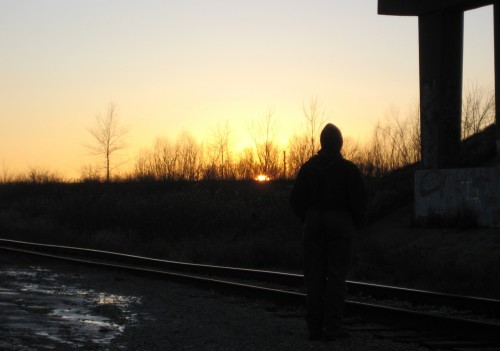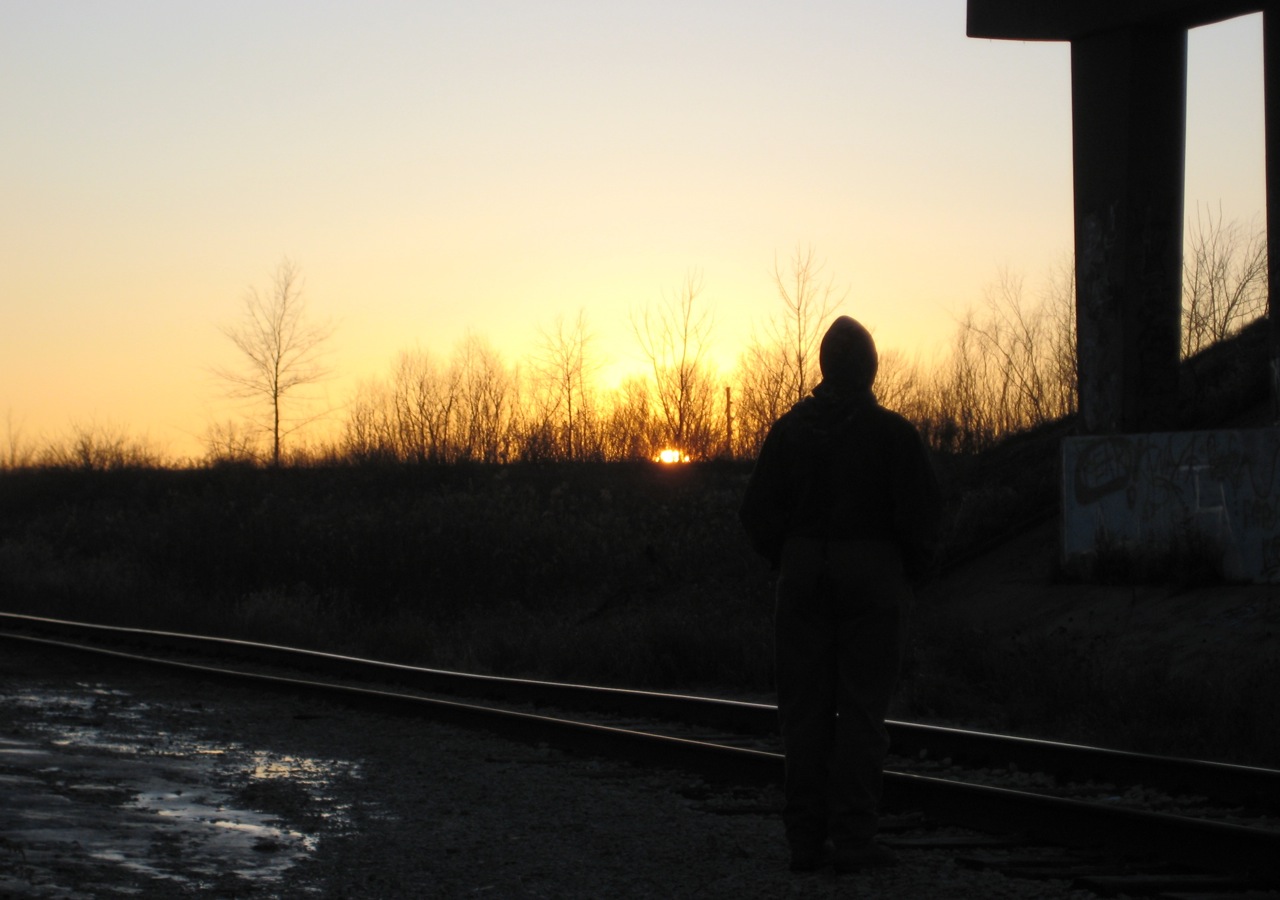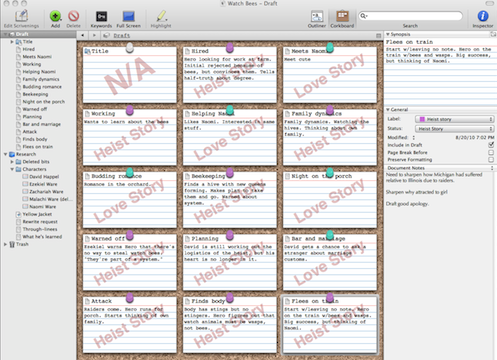 This used to be a pretty bad time of year. Already the days have gotten dark. Already dawn comes too late to get me up on time to go work at a regular job. Worse, the solstice is still six weeks away. That means it’s going to be twelve more weeks before things are even this good again.
This used to be a pretty bad time of year. Already the days have gotten dark. Already dawn comes too late to get me up on time to go work at a regular job. Worse, the solstice is still six weeks away. That means it’s going to be twelve more weeks before things are even this good again.
It used to be that I’d start obsessing about the coming dark days only a few weeks after the summer solstice. July was usually fine, but sometime in August I’d start thinking that summer was winding down. I’d dread the prospect of getting up in the dark—something my brain chemistry thinks is profoundly unnatural. Shortly after that I’d be not merely getting up in the dark, I’d be heading off to work in the dark—and then coming home in the dark as well, since the sun would set before 5:00 PM until late January.
By now, despite a brief respite with the end of daylight savings time, I’d no longer be merely dreading seasonal depression, I’d be actually suffering from it.
The last three years have been much better. Not only am I suffering less during the depths of winter, I’m also much better off through late summer and early fall, because I’m not spending that time dreading the winter.
A lot of it, I think, comes from not having to work a regular job. Not only can I sleep until dawn (which is when I tend to get up even during the summer weeks when it means getting up before 4:30), I have more flexibility to take advantage of what hours of sunlight there are. Perhaps equally important, my depressive thoughts used to center on work: Because I was depressed, I’d have trouble getting things done. Because I was not getting things done, I’d worry about keeping my job. And then, in a classic spiral, worry over keeping my job would make me more depressed.
So, not having to work a regular job is win on both fronts, and is the main thing I credit with my improvement these past three years.
I did do one other thing that may have helped: I started taking vitamin D. I take 1000 IU daily from October to March, figuring that I get enough sunlight to make my own during the other months of the year. (It doesn’t take much.)
(I also now understand people who use tanning booths, many of whom have told me that they don’t do it because they want to have a tan, but because they “feel better” when do. I have no doubt that many are treating themselves for a vitamin D deficiency.)
Back when this was more of a problem, I experimented some with full-spectrum lighting, which some people find helpful. It never seemed to help me. One thing that I never tried—because the apparatus tended to be expensive—was a dawn simulator. I might have been really helped by a timed light that started out dim and then brightened over the course of thirty minutes to something akin to early morning sun streaming through the window.
I should say that my seasonal depression was never severe. I never felt I needed to seek medical treatment, for example. I handled it informally with the ordinary, obvious stuff—trying to get enough exercise, trying to get enough sleep, trying to minimize stress, adding some more fun stuff to my day when I was feeling out of sorts.
That was enough to keep things under control during the dark days of winter. But it wasn’t enough to keep me from spending late summer and early fall worrying about the dark days of winter.




